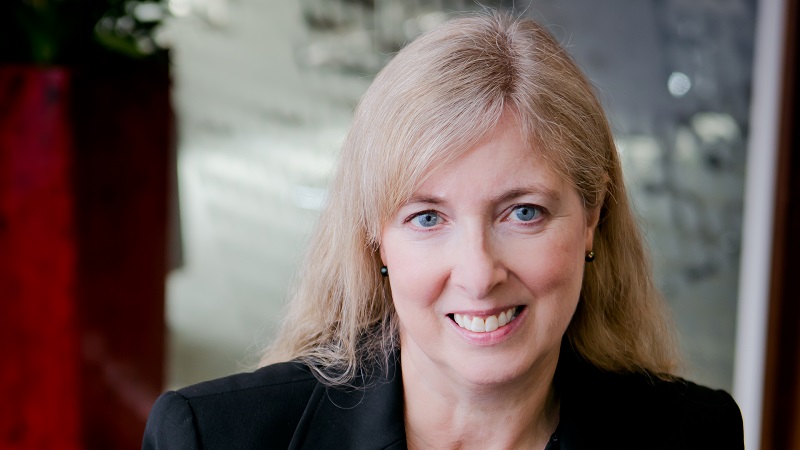Aim companies succumbed to the same dividend fate as their larger counterparts during the coronavirus crisis after reporting a 34% drop in shareholder payouts in the second quarter.
Dividends paid out by Aim firms remained flat during the first quarter of the year before plummeting by 33.6% to £266.8m in the second quarter, according to figures from Link Group.
This comes after Aim dividends jumped to a record £1.33bn in 2019, up 16.7% year-on-year.
Link said two fifths of Aim payers cancelled their dividends outright in Q2, while another tenth reduced them year-on-year.
Best and worst-case scenarios for 2020
According to Link, the best-case scenario for Aim payouts in 2020 is for a fall of 34%, a level last seen around the middle of 2016, and its worst-case prediction is for a 48% drop.
By comparison, Link’s best-case scenario for the main market is a 38% decline and its worst-case prediction is a 42% drop.
But Link Group chief executive of corporate markets Susan Ring (pictured) said the fact that Aim dividends fell less than the main market must be viewed in the context of long-term Aim underlying dividend growth of 18% per annum.
“The change from an increase of that size to a sudden decline of one third is consistent with the magnitude of main market dividend cuts we have reported in our main UK Dividend Monitor,” she added.
“What’s more, only a minority of Aim companies pay dividends at all, and those that do will tend to be the ones with deeper pockets.”
Cuts and cancellations on Aim not all due to Covid
Link also noted not all of the dividend cuts or cancellations in Q2 were due to the impact of Covid-19.
Haulage firm Eddie Stobart accounted for one sixth of the total decline in Q2 after being one of Aim’s top payers in 2018 and 2019. But the decline came after the firm was saved from administration late in 2019 by a capital injection from investors, meaning it will naturally not pay dividends during its turnaround period.
Central Asia Metals also scrapped its payout due to tough trading unrelated to the pandemic, while Burford Capital, the second largest payer in Q2 2019, scrapped its dividend and reallocated the capital saved to its financing arm.
2020 was always going to be different
Ring said even before the pandemic struck, late 2019 and 2020 were set to be different.
“The UK economy had already weakened significantly by the end of 2019. Aim companies tend to be more sensitive to the economic cycle because the sector complexion means defensive firms are relatively under-represented.
“Industrials, financials, and resources companies feature prominently on Aim. These groups find their profits rising and falling with the fortunes of the wider economy more than, say, tobacco or food producers, whose earnings are relatively insulated.”
Despite the drop in Aim payouts in the second quarter, Link noted dividends fell less during the period than companies on the main market where payouts halved. It also said two-fifths of Aim companies reduced payouts compared to three quarters on the main market.










